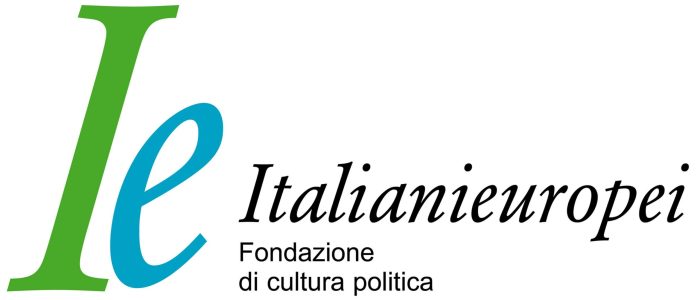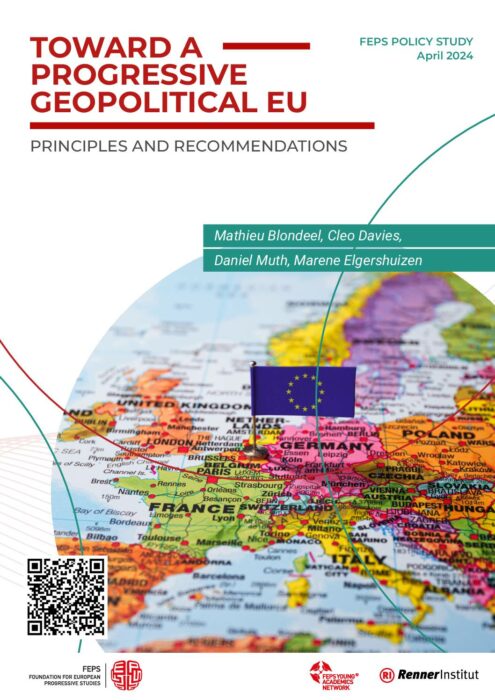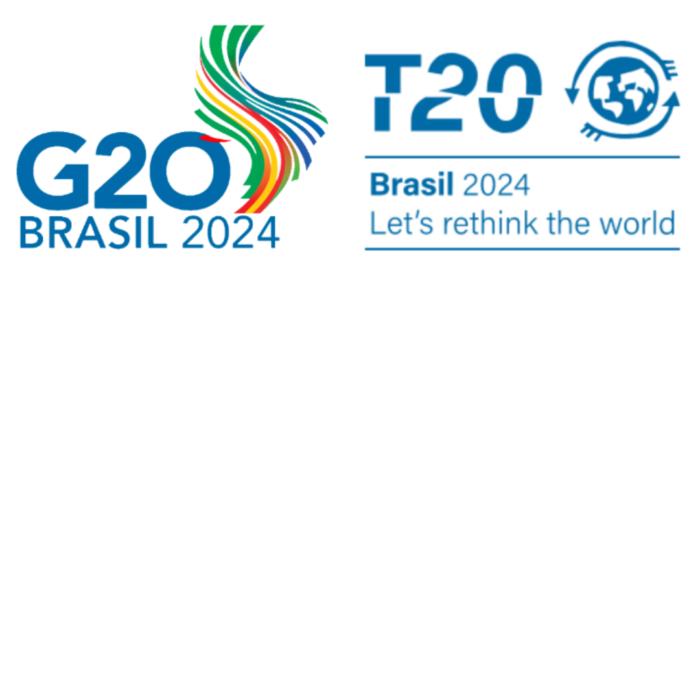Network
Find all related publications
Publications
Find all related Progressive Post
Progressive Post
Find all related events
Events
Past
17/06/2024
Online (Closed door)
21 - 22/06/2024
Berlin, Germany
11 - 12/06/2024
Online (Expert meeting)
Find all related news
News
Find all related in the media
In the media
« Le moment est venu de lancer un débat sur la réforme de l’Union européenne »
by Le Monde 22/11/2023















